‘Forever chemicals’ detected at half of Swiss groundwater sites
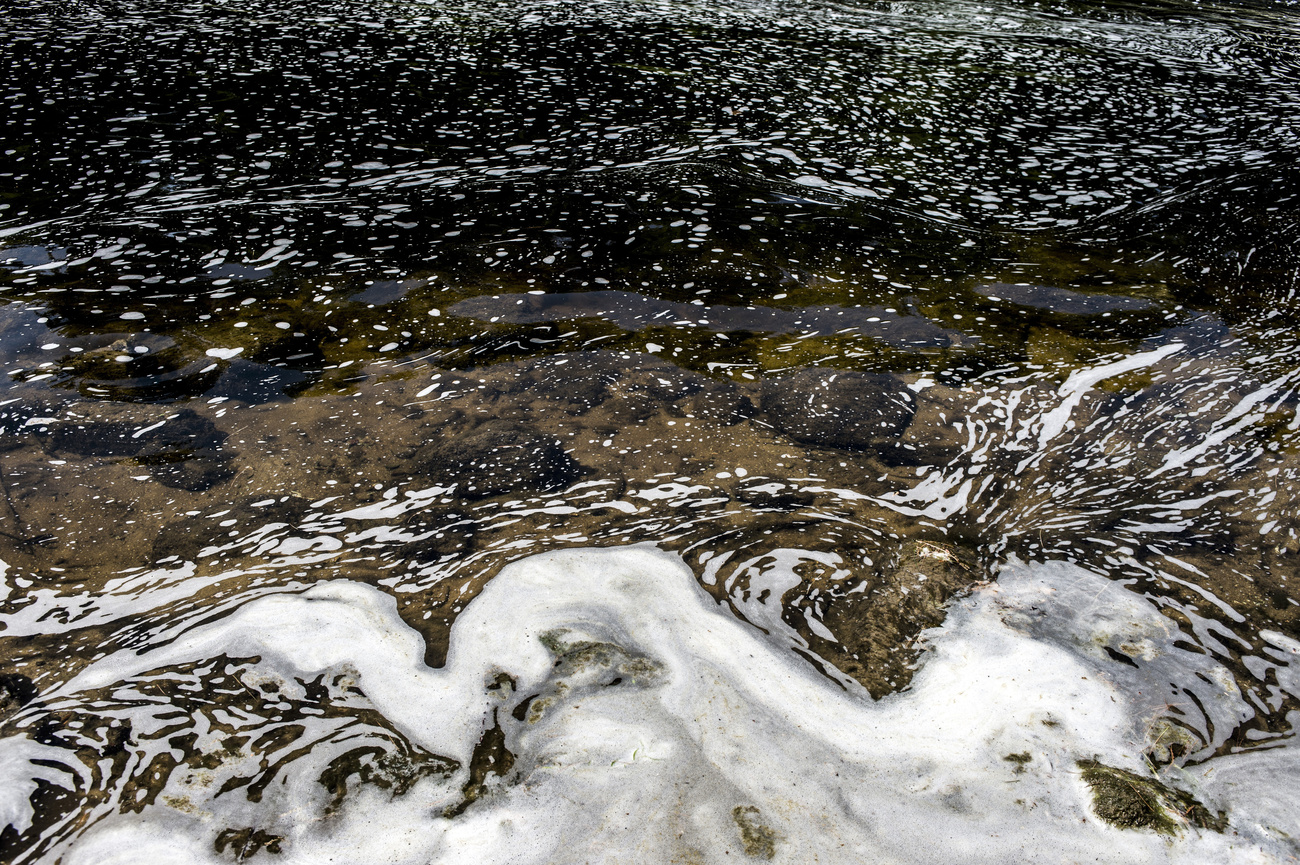
Potentially harmful synthetic chemicals known as PFAS, or forever chemicals, have been found at almost half of the 500 groundwater monitoring sites in Switzerland. But Swiss limit values were only exceeded at one station, according to the Federal Office for the Environment (FOEN).
In total, the measurements revealed the presence of 13 different “forever chemicals”, or per- and polyfluoroalkyl substances (PFAS). The highest concentrations were found in water samples taken in 2021 for perfluorooctanesulfonic acid (PFOS), a category of PFAS, the Federal Office for the Environment (FOEN) announced on Thursday. The conclusions were from a pilot study by the National Groundwater Monitoring (NAQUA).
“The results of a pilot study by the National Groundwater Observatory (NAQUA) show that PFAS are also widespread in groundwater: their presence was noted at almost half of NAQUA measuring stations. However, the current limit values [set in Switzerland] were exceeded at only one measuring station,” BAFU said in a statement.
+ Research identifies 134 ‘forever chemicals’ hotspots across Switzerland
PFOS has been banned in Switzerland since 2011, with a few exceptions. Around 80% per cent of drinking water in Switzerland comes from groundwater.
According to current knowledge, an important source of PFAS in groundwater is fire-fighting foam, said BAFU. These are used at fire-fighting training sites or on civil protection training grounds, as well as at industrial areas, reservoirs and railways. At these sites, PFAS sometimes repeatedly entered the soil, BAFU said.
+ Undesirable chemicals found in bodies of Swiss residents
Other sources, such as landfills or sewage, also pollute the groundwater with PFAS. For example, PFAS and radioactive residues were found at the Stadtmist landfill site in Solothurn, as revealed in September. This has resulted in additional unplanned costs for clean-up work.
The problems with these widely used persistent synthetic chemicals is well known. The name “forever chemicals”, or PFAS, comes from their ability to accumulate in water and soils, as they do not decompose due to an extremely strong bond between carbon and fluorine atoms. Most people ingest or inhale these synthetic chemicals released through contaminated water and food — even air, according to the US National Institute of Environmental Health Sciences.
There are thousands of different PFAS – they are used in all sorts of products and machines, including cars, textiles, medical gear, windmills and non-stick pans due to their long-term resistance to extreme temperatures and corrosion.
Certain levels of PFAS may lead to health problems like cancer, thyroid disease or fertility issues, as well as environmental damage, research has shown.
BAFU is currently examining whether an action plan is needed to reduce the exposure of humans and the environment to PFAS in Switzerland. This follows a parliamentary question by Swiss parliamentarian Tiana Moser.
In addition, BAFU is currently drawing up limit values for PFAS for contaminated sites, soil and discharges into water bodies, in response to a motion by Swiss parliamentarian Marianne Maret.
The limits of the Drinking Water Ordinance apply to PFAS in groundwater. This currently sets limits of 0.3 and 0.5 micrograms per litre for three individual PFAS substances. The Swiss government has already issued bans for the most frequently detected PFAS with the greatest health risk.
This news story has been written and carefully fact-checked by an external editorial team. At SWI swissinfo.ch we select the most relevant news for an international audience and use automatic translation tools such as DeepL to translate it into English. Providing you with automatically translated news gives us the time to write more in-depth articles. You can find them here.
If you want to know more about how we work, have a look here, and if you have feedback on this news story please write to english@swissinfo.ch.

In compliance with the JTI standards
More: SWI swissinfo.ch certified by the Journalism Trust Initiative
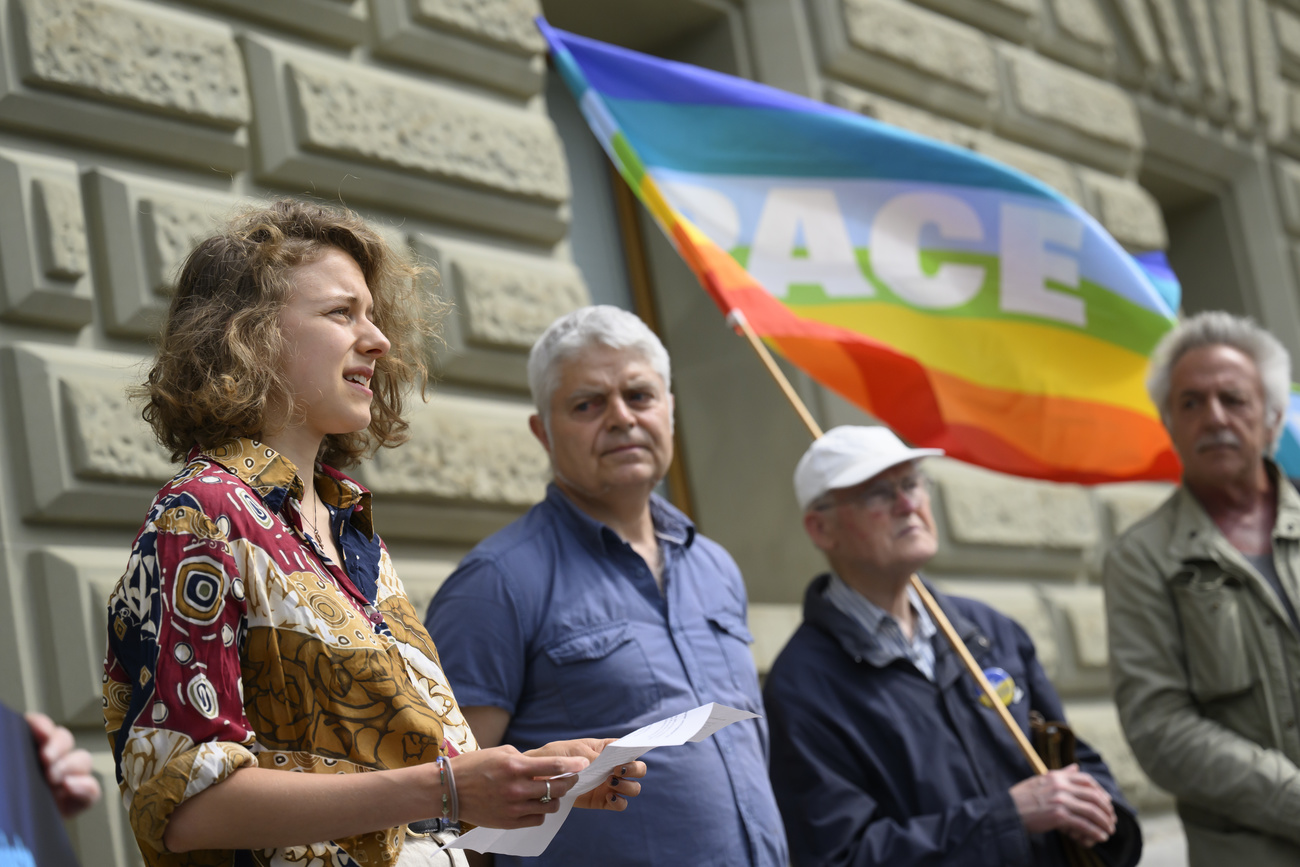
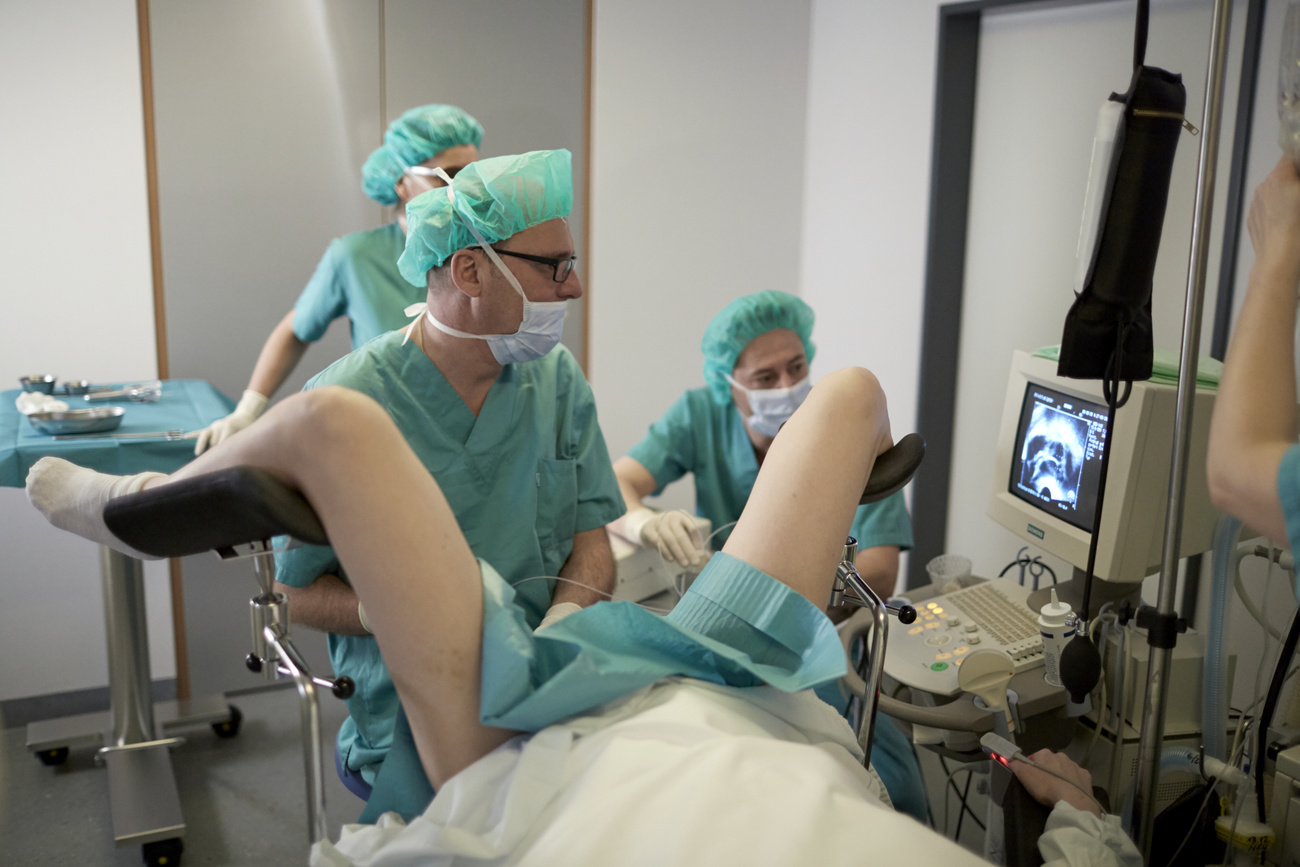

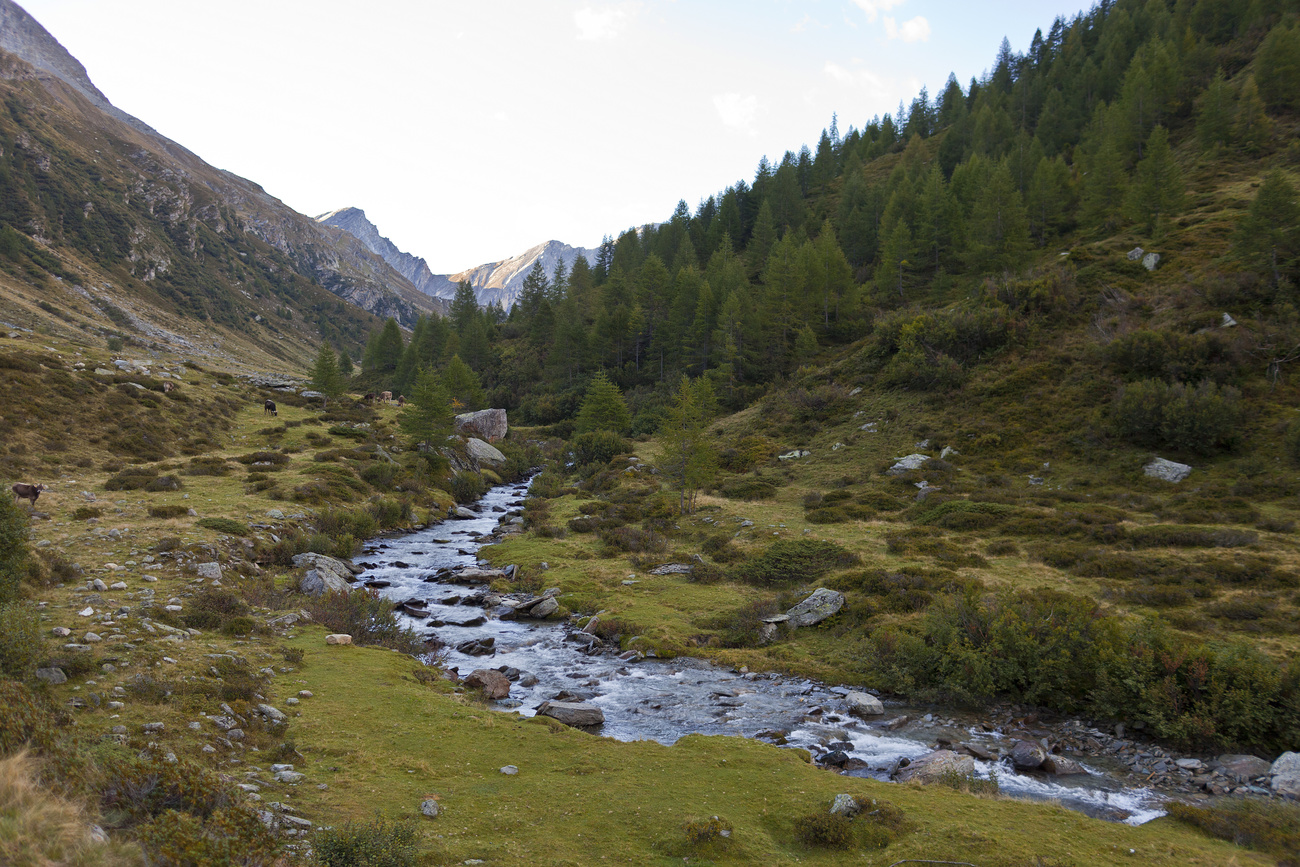
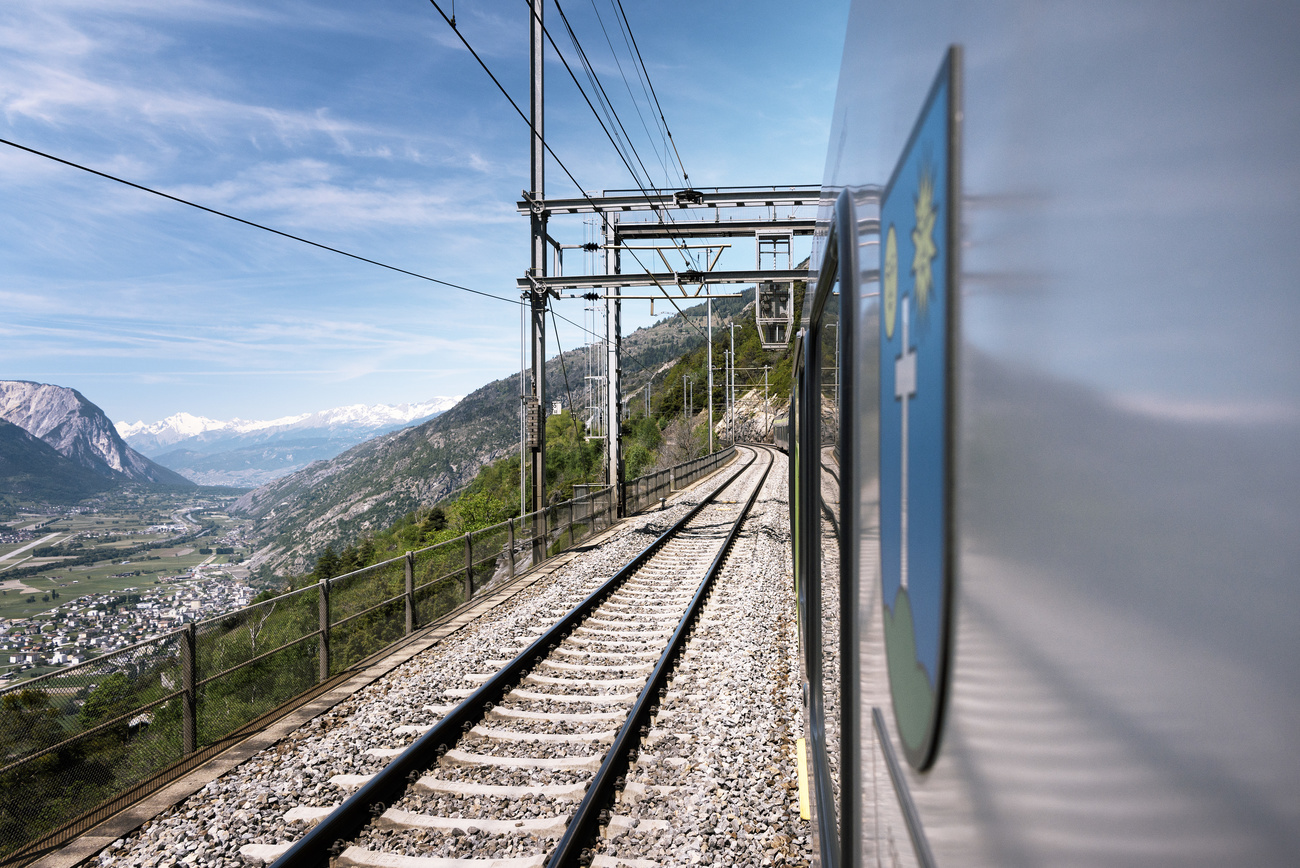
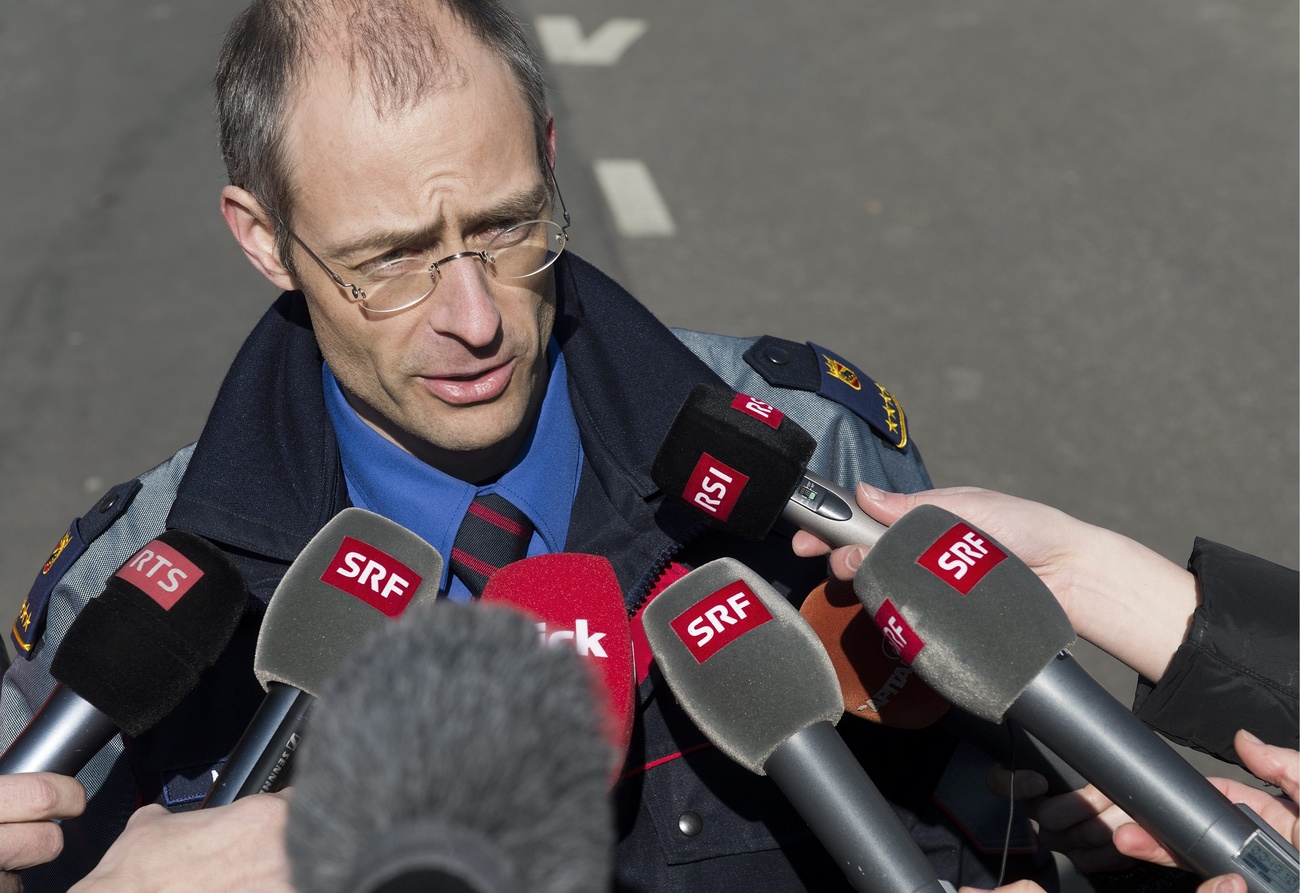
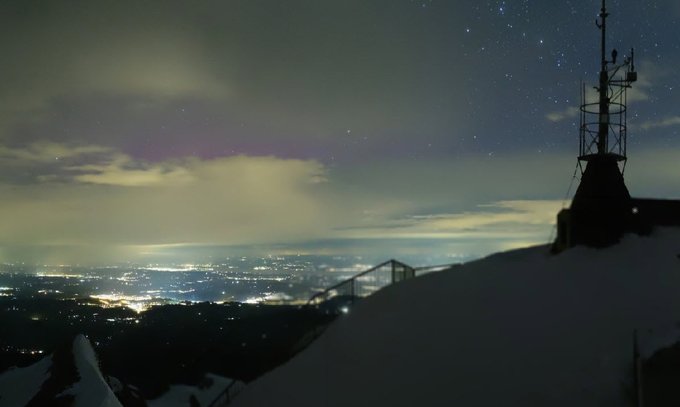
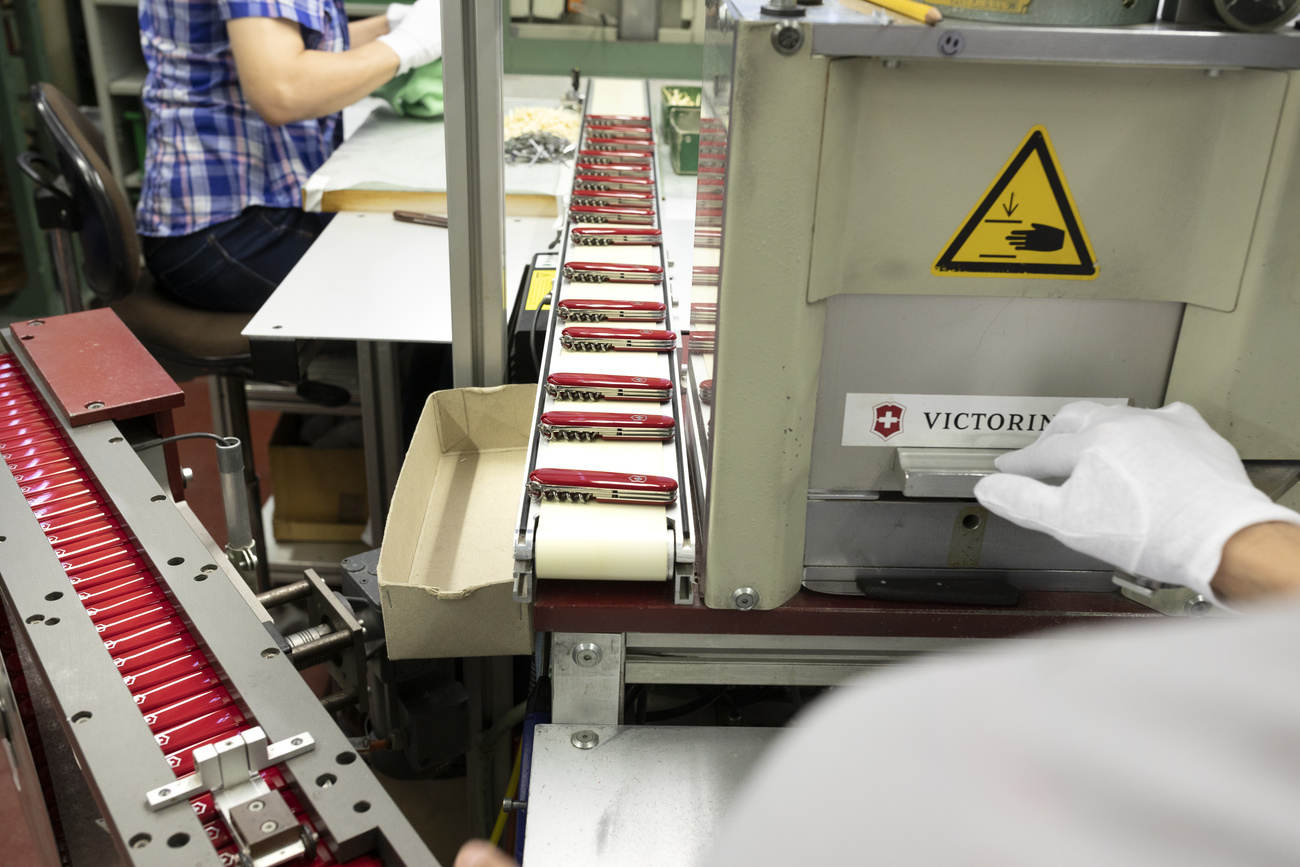

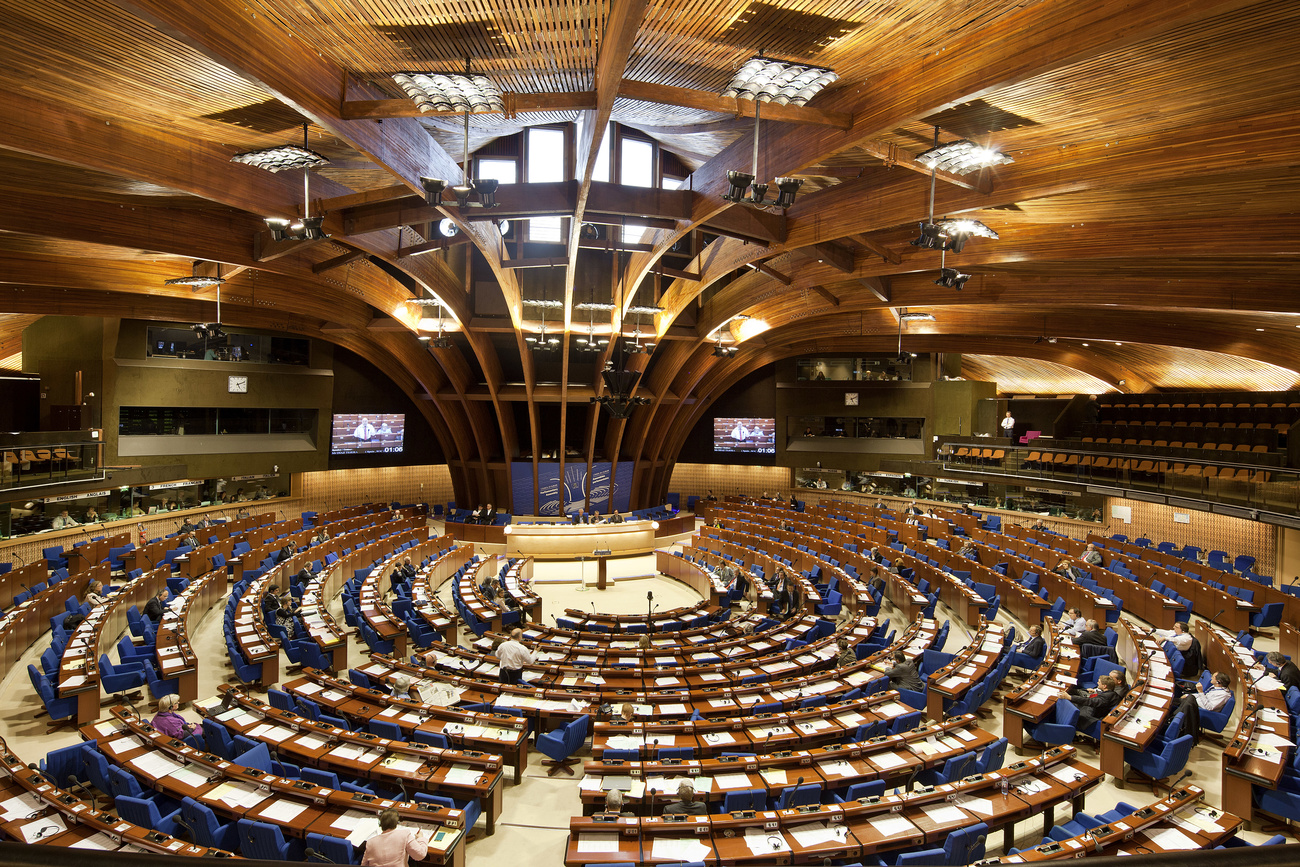
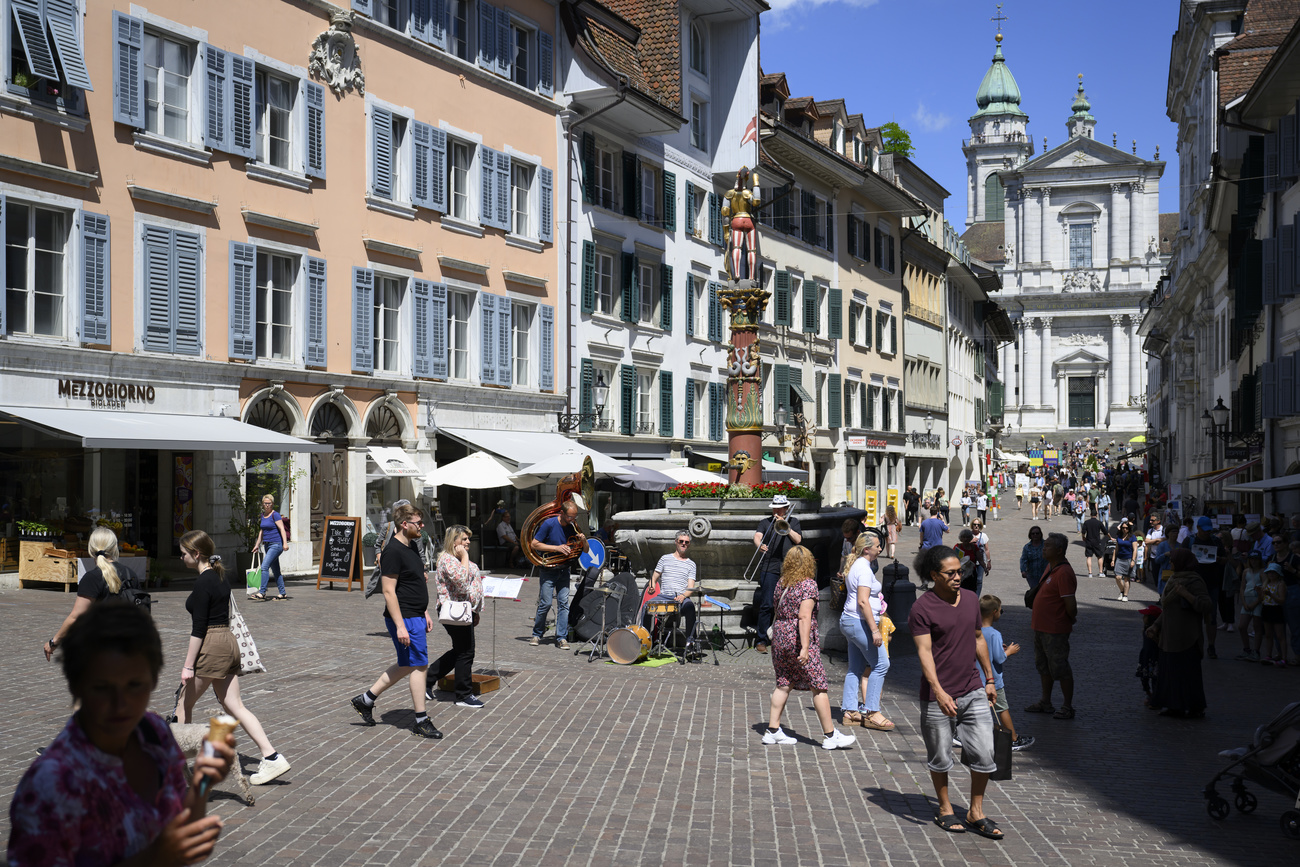


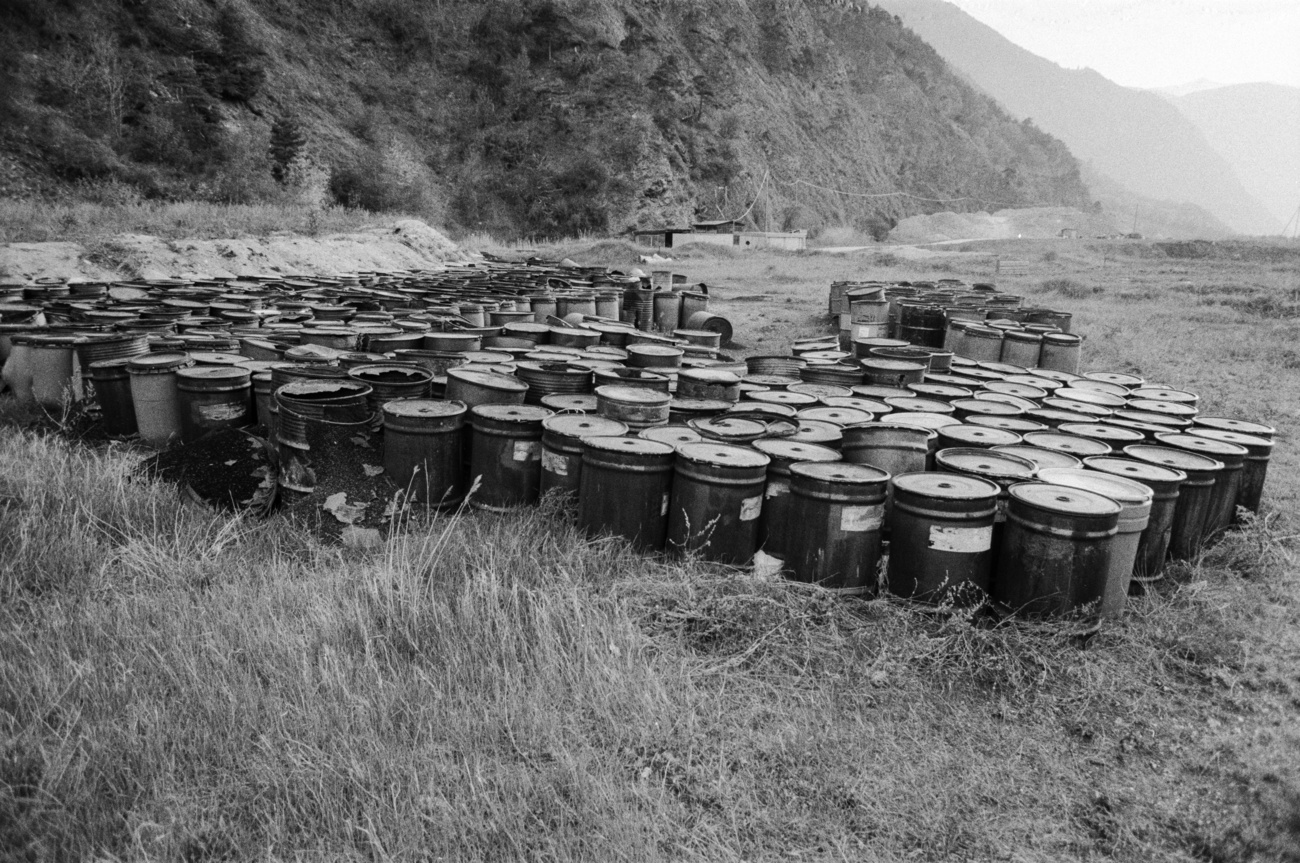
You can find an overview of ongoing debates with our journalists here . Please join us!
If you want to start a conversation about a topic raised in this article or want to report factual errors, email us at english@swissinfo.ch.